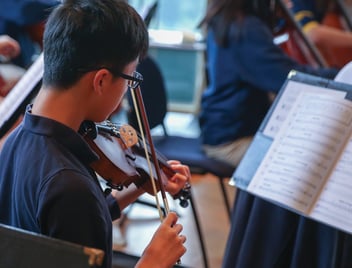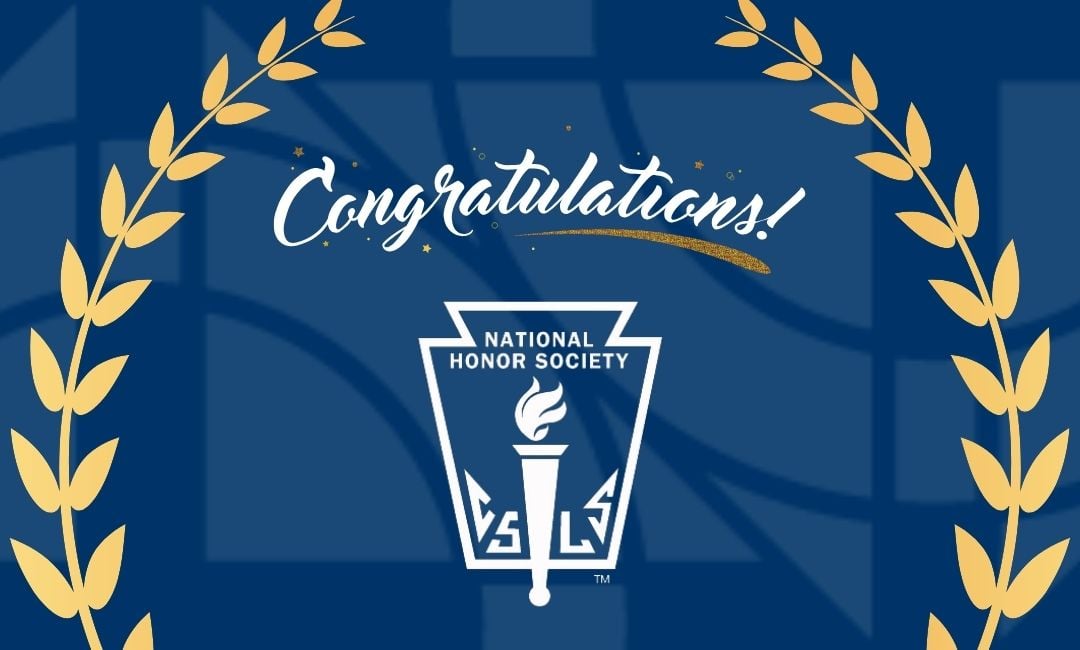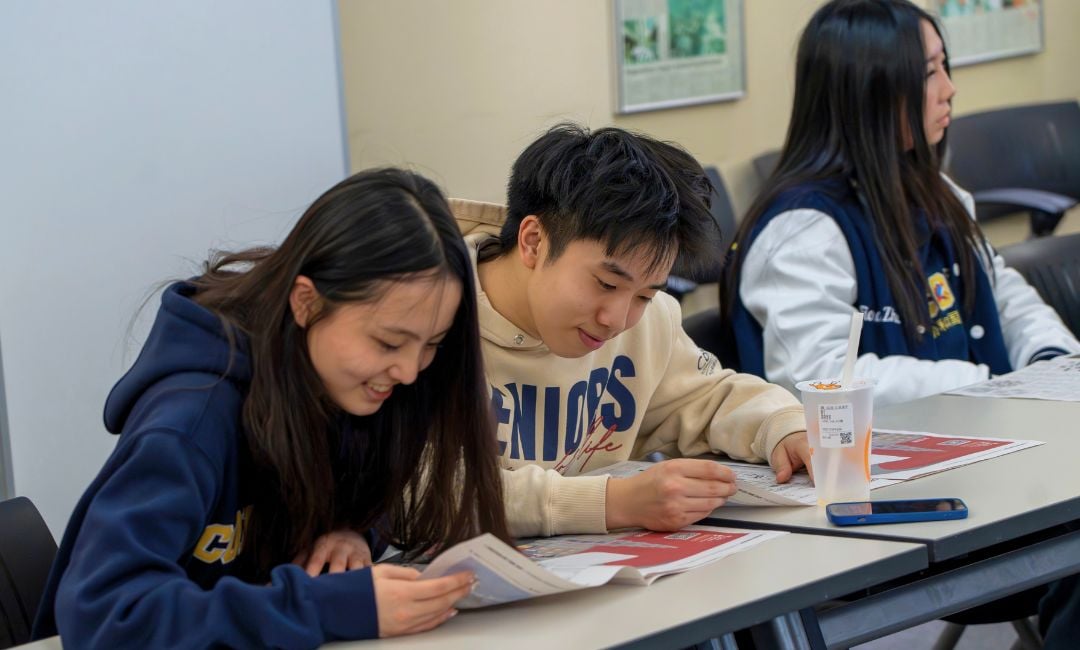 When you hear the word ‘music’, does it bring to mind a song or a particular instrument? Do you picture an album cover or see musical notation? When you see the word ‘tree’, do you think of a picture or a drawing of a tree, or recall a real tree that you used to climb as a child? I’m sure everyone who reads this will have a different answer. That is because we are all unique in how we process information. Understanding how you acquire knowledge enables you to know your learning strengths, and
When you hear the word ‘music’, does it bring to mind a song or a particular instrument? Do you picture an album cover or see musical notation? When you see the word ‘tree’, do you think of a picture or a drawing of a tree, or recall a real tree that you used to climb as a child? I’m sure everyone who reads this will have a different answer. That is because we are all unique in how we process information. Understanding how you acquire knowledge enables you to know your learning strengths, and  knowing your individual learning strengths will help you to make the most of your studying.
knowing your individual learning strengths will help you to make the most of your studying.
Multiple Intelligences Theory
Howard Gardner, a developmental psychologist at Harvard University, devised the Multiple Intelligences Theory, which asserts that every student has a unique and definable set of mental skills that are not captured on a standard IQ test. Gardner propounds that individuals process different kinds of information in several of ways, and, therefore, one's level of intelligence can not simply be defined by a single ability.
 The Eight Intelligences
The Eight Intelligences
Gardner identifies eight intelligences: Verbal-linguistic, Logical-mathematical, Visual-spatial, Bodily-kinesthetic, Musical-rhythmic, Interpersonal, Intrapersonal, and Naturalist. If one possesses musical intelligence, they are able to accurately hear the pitch of a song or easily read notation and are sensitive to rhythm and tone. A person with high language intelligence has strengths in reading, writing, and spelling, making them adept at words and languages.
What Type of Learner Are You?
One can become familiar enough with the multiple intelligences to decipher what type of learner they are without having to become an expert in the field. In researching Multiple Intelligences Theory or taking an online survey, a student can easily learn more about their particular learning strengths. With this knowledge, they can design targeted study strategies that play to their intellectual strengths.
 For example, if a student scores high as a verbal-linguistic learner, that means they retain information best through hearing and seeing words, speaking, reading, writing, and discussing. A study strategy might be reading materials aloud to themselves or another person or discussing what they read with a peer or teacher. A language learner might prefer humanities courses that include more literature and writing. Knowing their intelligences will also aid students in deciding on college majors and career paths.
For example, if a student scores high as a verbal-linguistic learner, that means they retain information best through hearing and seeing words, speaking, reading, writing, and discussing. A study strategy might be reading materials aloud to themselves or another person or discussing what they read with a peer or teacher. A language learner might prefer humanities courses that include more literature and writing. Knowing their intelligences will also aid students in deciding on college majors and career paths.
Howard Gardner wrote, “It’s not how smart you are—It’s how you are smart”. There is a powerful implication in this statement, for when students understand the modalities in which they learn, they can knowingly adopt learning plans that help set them up for academic success.




